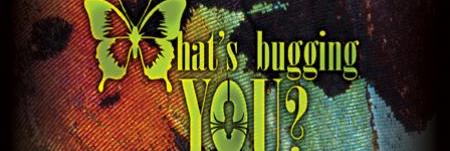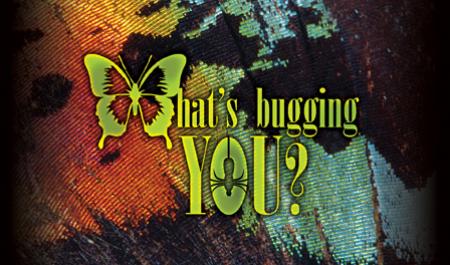Location:
Because insects account for more than half of all described species and have profound effects on our history and culture, knowledge of their contributions and influences is important. Ecologically, insects provide tremendous benefits and equally daunting challenges. They provide critical biological services in pollination, natural products, pest-population regulation, and human nutrition. Insects are also our chief competitors for food, and act as parasites and vectors of human disease, the source of much human misery. The impacts of insects on humans, both positive and negative, are also reflected in music, literature, art, and entertainment. In this class we will explore the diverse ways in which the lives of insects and humans are intertwined.
Specific topics we will address include: entomophagy (eating insects), entomophobia (fear of insects), insects in literature, insects in the movies, insect services and products, insects as totems, silk, and venomous insects.
Arizona’s general public seems to have a love/hate relationship with insects (and other arthropods) of all sorts. A survey conducted in Arizona revealed only 6% of participants enjoyed insects found outdoors (only 0.7% took pleasure in finding them inside their homes). A very small segment of US society, however, experiences a genuine neurosis related to arthropods. Most scholars think concern over insects is societally based since these beliefs are associated with Western European culture. Relationships between humans and arthropods in other parts of the world are dramatically different. As an example, entomophagy is commonly practiced in those parts of the world with scant protein resource. In western culture, however, most are repulsed by the idea of eating insects. It is odd that we eagerly consume scavenging lobsters and eschew plant-feeding grasshoppers. We will explore the reasons for this and other culturalinconsistencies.
Recommended Reading:
Eisner, Thomas. For Love of Insects. Belknap Press of Harvard University Press, 2005. ISBN: 0674018273.







